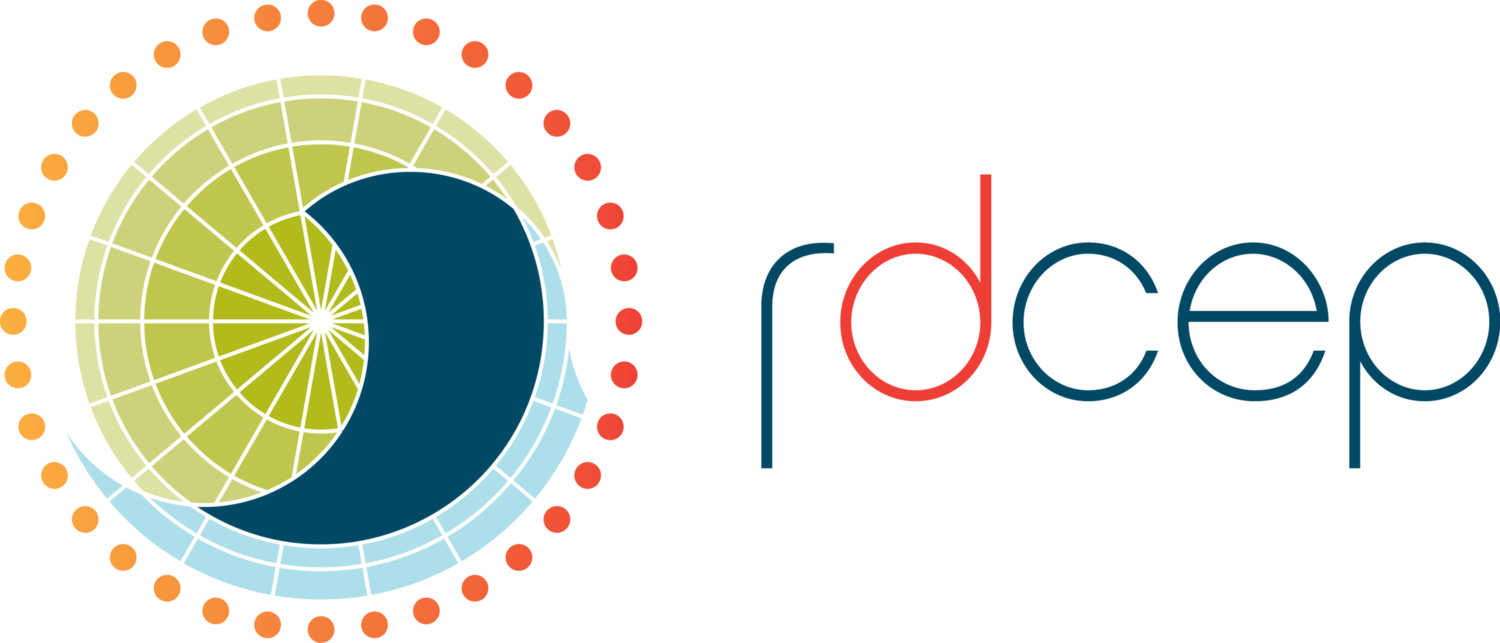COMPUTATIONS IN SCIENCE SEMINAR
Wednesday, April 22, 2015 in KPTC 206
Discussion over bag-lunch at 12:00. Talk begins at 12:15
**Joseph Vallino, Marine Biological Laboratory **
Living systems defined in the context of maximum entropy production and information: A computational approach
The maximum entropy production (MEP) principle holds that non equilibrium systems with sufficient degrees of freedom will likely be found in a dynamic state that maximizes entropy production or, analogously, maximizes potential energy destruction rate. The theory does not distinguish between abiotic or biotic systems; however, I will show that systems that can coordinate function over time and/or space can potentially dissipate more free energy than purely Markovian processes (such as fire or a rock rolling down a hill) that only maximize instantaneous entropy production. Biological systems have the ability to store useful information acquired via evolution and culled by natural selection in genomic sequences that allow them to execute temporal strategies and coordinate function over space. For example, circadian rhythms allow phototrophs to predict that sun light will return and can orchestrate metabolic machinery appropriately before sunrise, which not only gives them a competitive advantage, but also increases the total entropy production rate compared to systems that lack such anticipatory control. Similarly, coordination over space, such a quorum sensing in microbial biofilms, can increase acquisition of spatially distributed resources and free energy and thereby enhance entropy production. In this talk a computational modeling framework will be presented to describe microbial biogeochemistry based on the MEP conjecture constrained by information and resource availability. Results from model simulations will be compared to laboratory experiments to demonstrate the approach.
If you would like to meet with the speaker or join us for a meal, please contact: Kim Weirich (kweirich@uchicago.edu).
————————————————————————–
More information on the seminar series can be found at: http://mrsec.uchicago.edu/Comp in Sci/











